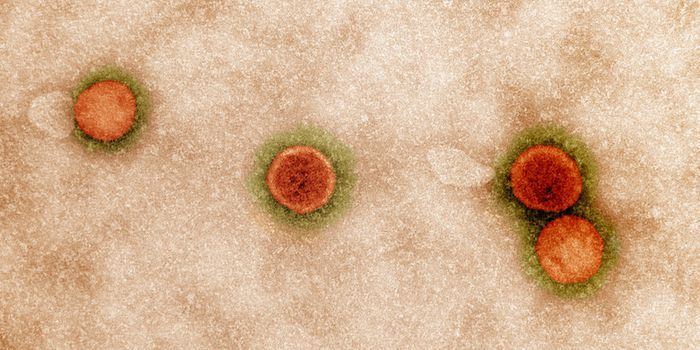Molecule in Mosquito Spit can Thin Blood Clots
Scientists are learning how to exploit the anti-clotting abilities of molecules in mosquito saliva and use them to create new treatments for disorders like stroke or deep vein thrombosis. Mosquitos and ticks carry disease and can contribute to the deaths of many people, but this work shows there may be some benefit to be found in insects that feed on blood. The study, led by scientists at the University of Sydney and the Charles Perkins Centre has been reported in ACS Central Science and is briefly outlined in the following video.
The Anopheles mosquito genus is best known for transmitting the Plasmodium parasite that causes malaria. As such, researchers are focused on their biology. It has been known that they carry proteins that affect blood and facilitate their meal.
“Like most blood-feeding organisms, the Anopheles mosquito secretes proteins in its saliva,” explained Professor Richard Payne, an ARC Future Fellow in the Faculty of Science. “These proteins are designed to prevent the host organism’s blood from clotting, better allowing the mosquito to access its blood-meal. The protein secreted in the saliva is called anophelin; it targets and binds to the central host blood coagulation enzyme thrombin, and therefore prevents blood from clotting.”
The investigators also found that sulfate modifications were critical for the anticoagulant activity of anophelin; they also predicted where on the protein they were located. That knowledge enabled them to obtain versions of these proteins from insect cells. They were only able to obtain small amounts of them, however, so the team created a technique for remaking these proteins in the laboratory.
“We found that the sulfate modification of the proteins significantly enhanced the anticoagulant activity. In fact, sulfated variants of anophelin exhibited a 100-fold increase in potency compared with the unmodified protein,” said graduate candidate Emma Watson, lead author of the article. “We were also able to show that these molecules were able to dissolve blood clots in a disease model of thrombosis.
For their study, the scientists injected mice with the molecules and assessed how much bleeding they experienced from a tail wound. The injected mice had thinner blood than uninjected mice.
The scientists also determined that these insect-derived molecules worked one hundred times better than one that comes from leeches and is sometimes used in the clinic.
“This research lays the foundation for the development of safe anticoagulants for the treatment of thromboembolic diseases such as stroke in the future,” added Professor Payne.
Sources: Science, University of Sydney, ACS Central Science







![Everything You Need To Know About NGS [eBook]](https://d3bkbkx82g74b8.cloudfront.net/eyJidWNrZXQiOiJsYWJyb290cy1pbWFnZXMiLCJrZXkiOiJjb250ZW50X2FydGljbGVfcHJvZmlsZV9pbWFnZV9mNTM1ZjIyYzA5MDE5ZmNmMWU5NmI0ZDc4NWU2MzdiZTZlN2I5ZDk5XzE4NDUuanBnIiwiZWRpdHMiOnsidG9Gb3JtYXQiOiJqcGciLCJyZXNpemUiOnsid2lkdGgiOjcwMCwiaGVpZ2h0IjozNTAsImZpdCI6ImNvdmVyIiwicG9zaXRpb24iOiJjZW50ZXIiLCJiYWNrZ3JvdW5kIjoiI2ZmZiJ9LCJmbGF0dGVuIjp7ImJhY2tncm91bmQiOiIjZmZmIn19fQ==)


